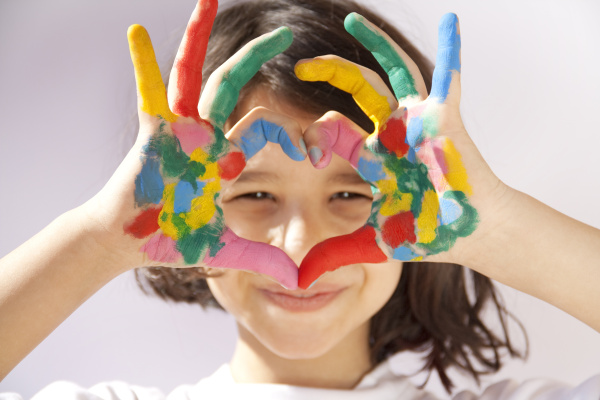

Child & Youth Care Program
Helping children be children in home and community. Our child and youth care program provides a safe, therapeutic home for children 6 to 12 years of age who have faced adversity in their lives, preventing them from living at home.
LINKS Program
Helping children be children in the classroom; learning to read… reading to learn. Our LINKS literacy program provides support for children 6 to 12 years of age in the community.


Trauma Informed Care Group
Helping parents and caregivers help children be children. Our trauma informed care group program provides critical training and support for parents and caregivers who are waiting to welcome an adopted child into their homes.
